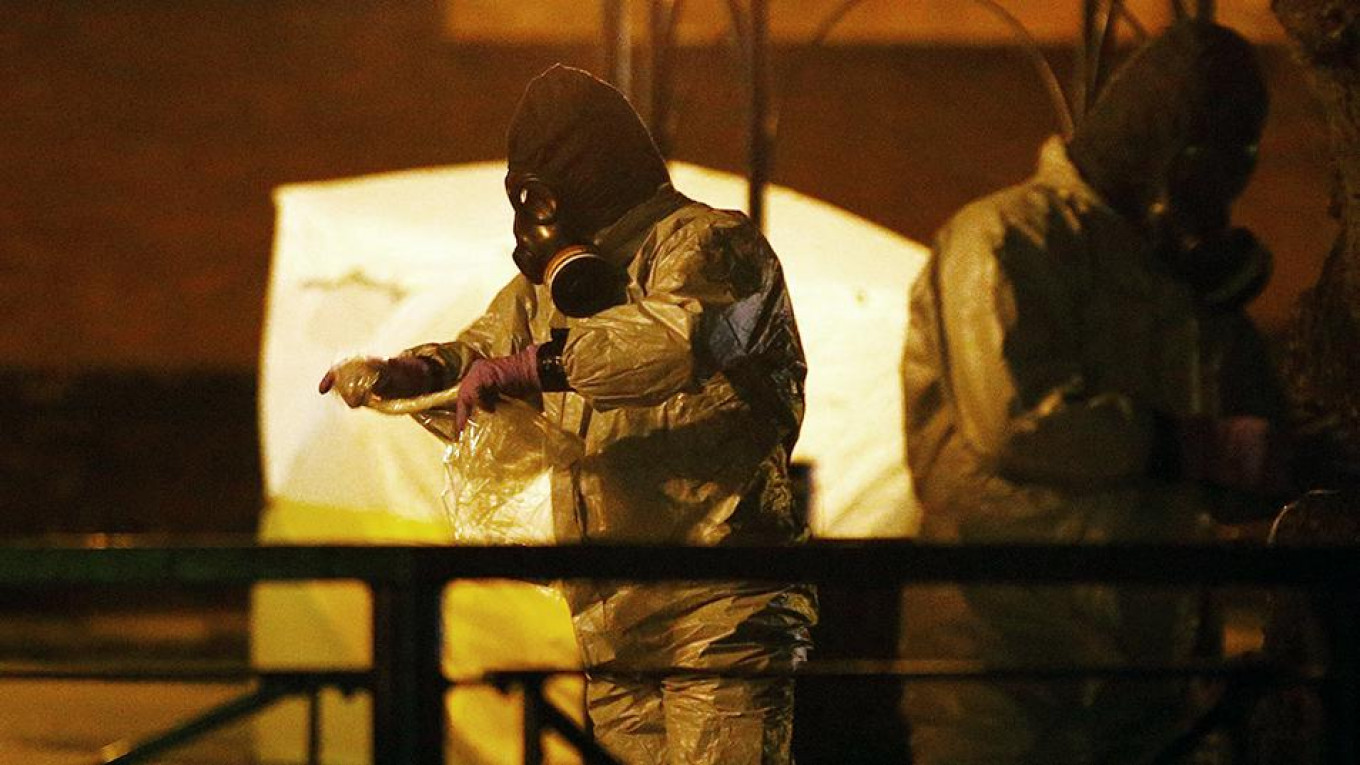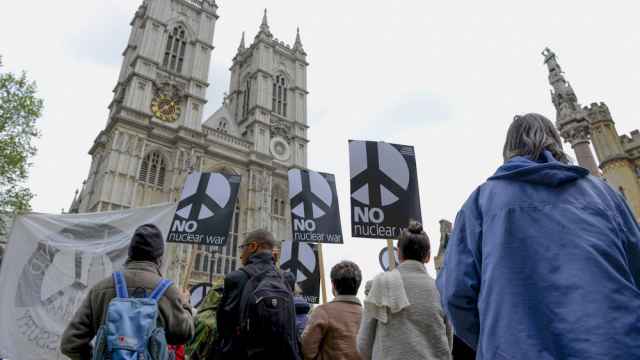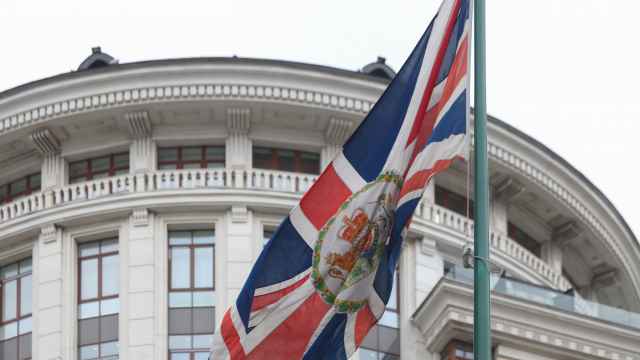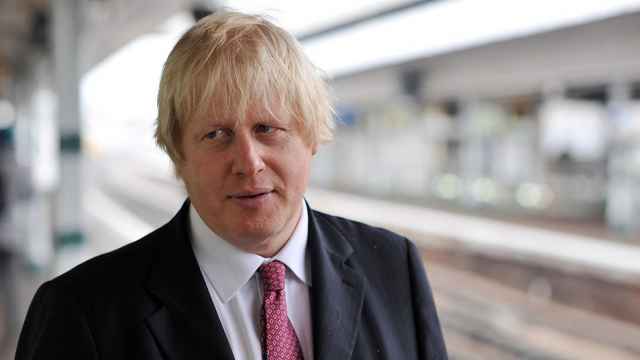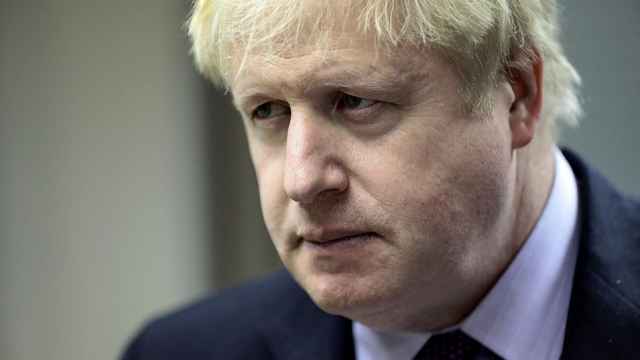A Cold War-era scientist acknowledged on Tuesday he had helped create the nerve agent that Britain says was used to poison an ex-spy and his daughter, contradicting Moscow's insistence that neither Russia nor the Soviet Union ever had such a programme.
However, Professor Leonid Rink told the RIA news agency that the attack did not look like Moscow's work because Sergei and Yulia Skripal had not died immediately.
The Skripals remain alive but in critical condition more than two weeks after they were found unconscious in the English cathedral town of Salisbury. A policeman who helped them is also in hospital in a serious condition.
Rink said he worked under the Soviet Union at a chemical weapons facility where the Novichok military-grade nerve agent was developed. Asked if he was one of Novichok's creators, he told RIA: "Yes. It was the basis for my doctoral dissertation."
Moscow has denied any involvement in the Skripals' case or that the Soviet Union or its successor state Russia developed Novichok at all.
Echoing a theory floated in Russian state media, Rink said the British could have been behind the attack.
"It's hard to believe that the Russians were involved, given that all of those caught up in the incident are still alive," he said. "Such outrageous incompetence by the alleged (Russian) spies would have simply been laughable and unacceptable."
Inspectors from the world's chemical weapons watchdog have begun examining the poison used in the attack which London blames on Moscow.
Rink told RIA he had worked at a Soviet chemicals weapons research facility in the town of Shikhany in Russia's Saratov Region for 27 years until the early 1990s. Novichok was not a single substance, he said, but a system of using chemical weapons and had been called "Novichok-5" by the Soviet Union.
"A big group of specialists in Shikhany and in Moscow worked on Novichok – on the technologies, toxicologies and biochemistry," he said. "In the end we achieved very good results."
Rink confessed to having secretly supplied a military-grade poison for cash that was used to murder a Russian banking magnate and his secretary in 1995. In a statement to investigators after his arrest, viewed by Reuters, Rink said he was in possession of poisons created as part of the chemical weapons programme which he stored in his garage.
Rink received a one-year suspended prison sentence for "misuse of powers" after a secret trial, according to a lawyer involved in the case.
'Height of idiocy'
Rink told RIA it would have been absurd for Russian spies to have used Novichok to try to kill the Skripals because of its obviously Russian origin and Russian name.
"There are lots of more suitable substances," he said. "To fire the equivalent of a powerful rocket at someone who is not a threat and to miss would be the height of idiocy."
He dismissed British media reports that Yulia Skripal could have unwittingly carried Novichok from Moscow as "utter nonsense", saying Novichok would not have survived the journey.
Once secret, Rink said the technology behind Novichok was now known to many countries including Britain, the United States and China, who he said were capable of manufacturing a version of Novichok.
However, he said the exact formula devised by the Soviet Union was unique and that it should be possible, based on a sample of the toxin used in the Salisbury attack, to say it was not "cooked up" in Russia.
Another Russian scientist called Vil Mirzayanov had done a lot to publicize the formulas used to produce Novichok, Rink said.
Mirzayanov, who now lives in the United States, told Reuters this month that only the Russian government could have carried out the attack.
Rink said he knew of "about five" scientists familiar with the Novichok technology who had left Russia in the 1990s.
"Permission to let them leave generated great surprise in our institute," Rink told RIA.
A Message from The Moscow Times:
Dear readers,
We are facing unprecedented challenges. Russia's Prosecutor General's Office has designated The Moscow Times as an "undesirable" organization, criminalizing our work and putting our staff at risk of prosecution. This follows our earlier unjust labeling as a "foreign agent."
These actions are direct attempts to silence independent journalism in Russia. The authorities claim our work "discredits the decisions of the Russian leadership." We see things differently: we strive to provide accurate, unbiased reporting on Russia.
We, the journalists of The Moscow Times, refuse to be silenced. But to continue our work, we need your help.
Your support, no matter how small, makes a world of difference. If you can, please support us monthly starting from just $2. It's quick to set up, and every contribution makes a significant impact.
By supporting The Moscow Times, you're defending open, independent journalism in the face of repression. Thank you for standing with us.
Remind me later.



